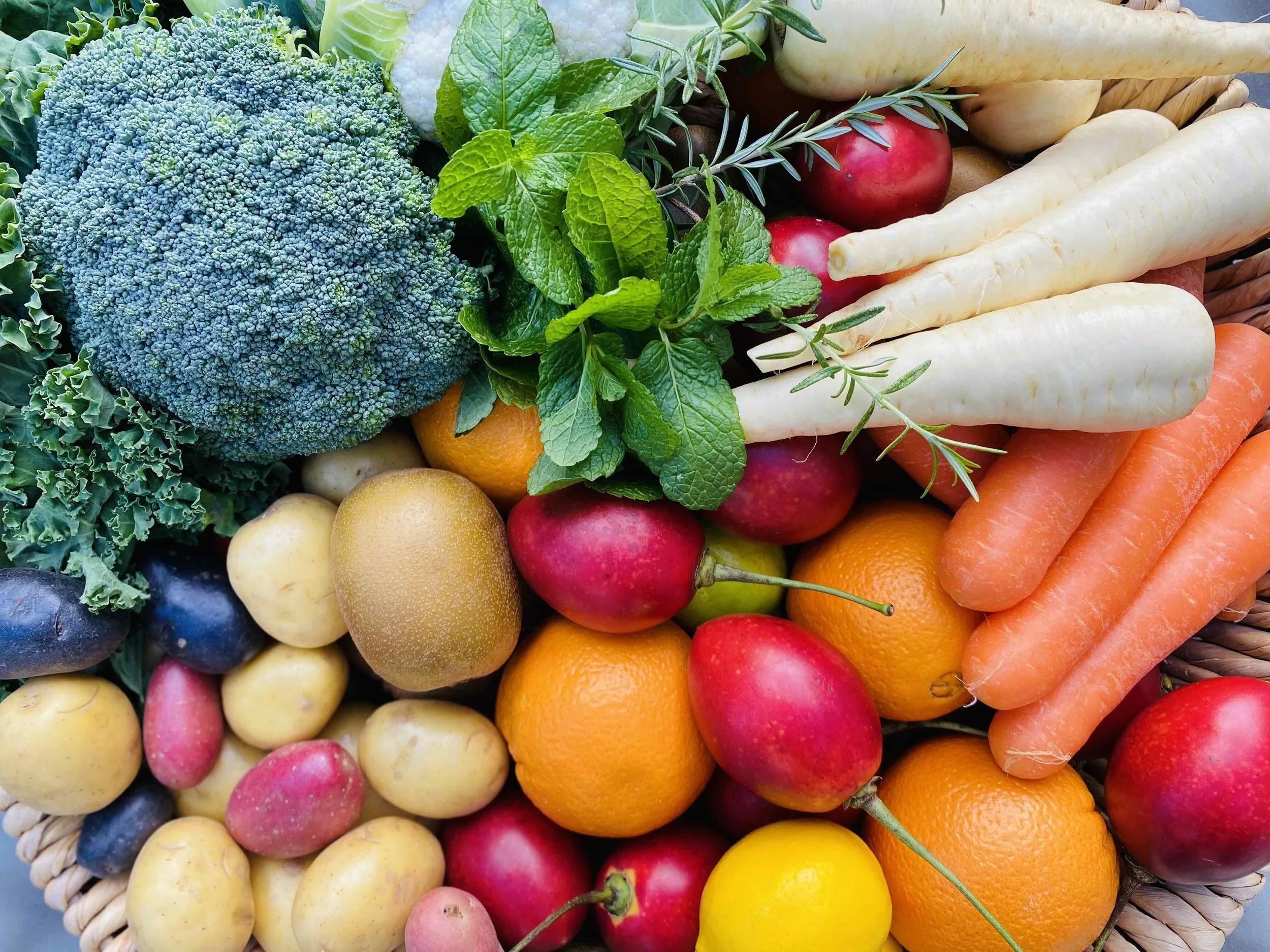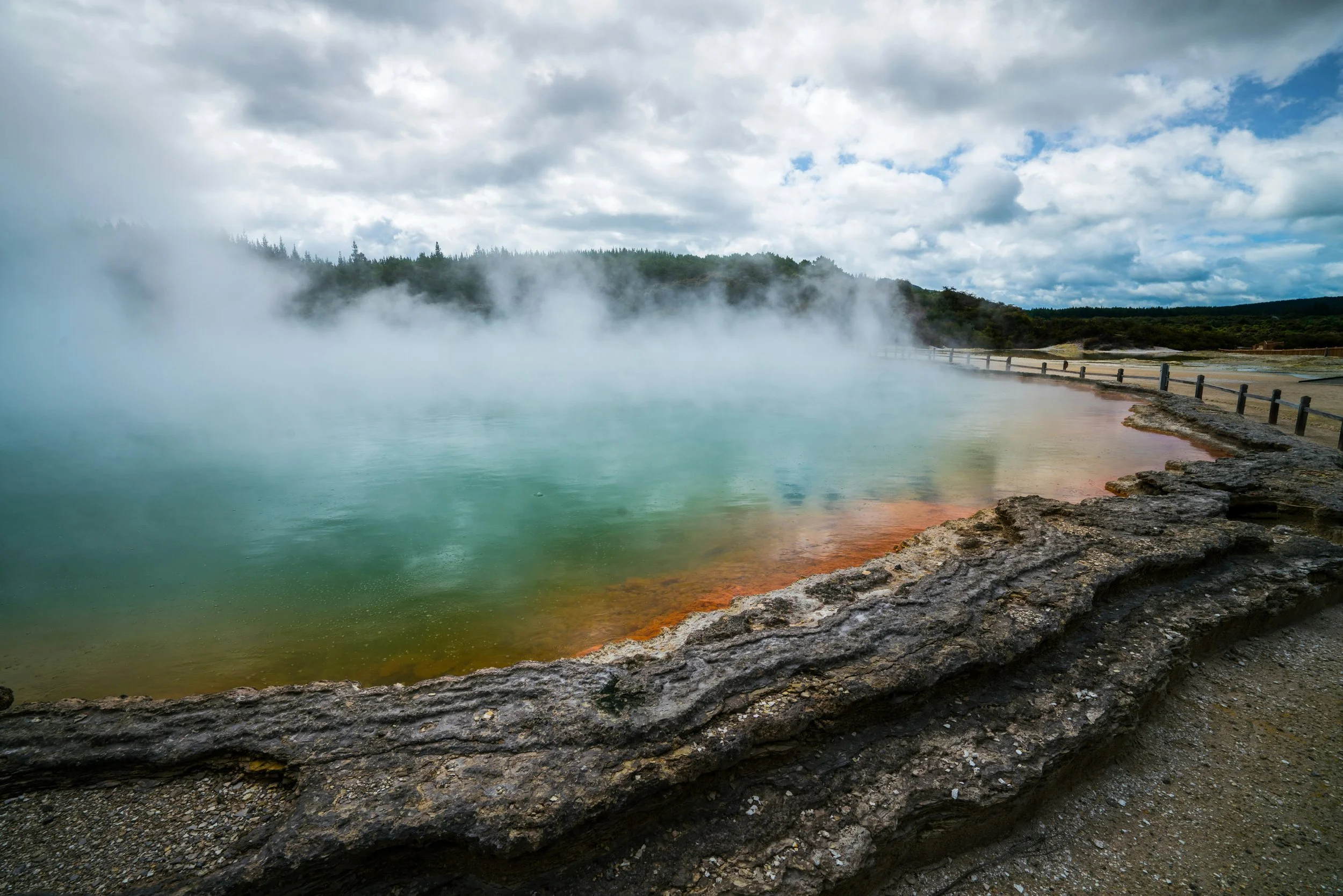NZ Fruit & Vegetable Growers Help Lead the Way in Global Food Security
AUCKLAND, Tuesday 8 July 2025: Aotearoa's high ranking as one of the world’s most self-sufficient countries is a huge source of pride for our nation’s fruit and vegetable growers who are ramping up our fresh produce supply as global trade tensions escalate.
Scientific research published recently by Nature Food¹ examined the domestic food production of 186 countries to see if they could feed their citizens and achieve dietary guidelines if global food supply chains were disrupted by trade tariffs, wars, pandemics or other crises. Current global tensions have the potential to significantly disrupt global supply chains by affecting oil and gas prices and key shipping routes.
Over a third of all countries cannot meet self-sufficiency for more than two of the seven essential food groups. However, New Zealand is fully self-sufficient in five out of the seven food groups analysed. While we would fall short at producing enough legumes, nuts, seeds and starchy staples, to meet everyone’s dietary needs, our fruit and vegetable, meat, dairy, fish and seafood supply is plentiful.
“New Zealand is, of course, renowned for our exceptional fresh produce but we should never take those crops for granted,” says United Fresh Technical Advisory Group Chair, Dr Hans Maurer. “It takes considerable time, commitment and innovation to produce the fresh fruit and vegetable crops we do, and growers face ongoing challenges from extreme weather events and pests and diseases.
“The fact we have ranked so highly in this Nature Food study is a good reminder of just how valuable our horticulture industry is in terms of food security, and how fortunate we are to have skilled and dedicated growers, as well as robust supply chains, in Aotearoa New Zealand when global trade can be so uncertain.”
United Fresh represents the country’s pan-produce sector and according to their Fresh Facts 2024 publication, fresh fruit and vegetable exports reached $4.3 billion last year, an increase of 8 percent from 2023.²
And those figures are only set to rise, with an industry-wide push now underway to increase horticulture production here at home. The sector has a clear aim of doubling its farmgate return by 2036.
Horticulture New Zealand and the Ministry for Primary Industries (MPI) launched the Aotearoa Horticulture Action Plan³ in 2023 in recognition of the enormous potential the horticulture industry has to contribute to New Zealand’s economy and the health of all New Zealanders. In order to reach this goal, the Fresh Facts analysts have identified that the horticulture industry needs to grow at 4.81% Compound Annual Growth Rate (CAGR) between now and 2036 to achieve a final value of $7.36 billion.
Dr Maurer says New Zealand’s fertile soils and favourable climate allow fresh fruit and vegetables to be grown right across the country – from Northland’s tropical citrus and avocado crops to Otago’s famed cherries and apricots in the south.
As a nation, we clearly enjoy the abundance of fruit and vegetables we produce. Consumers spent $1.396 billion (excluding GST) on New Zealand-grown fruit, vegetables and mushrooms in a single year according to Fresh Facts 2024, with fresh produce available from over 800 supermarkets, over 500 fruiters and greengrocers, more than 25 farmers’ markets and countless convenience stores and road-side stalls nationwide.
“The horticulture industry and its supply chains have not reached that position overnight but through hard work across multiple generations of growers committed to the land. The commodity nature of fresh produce, the dependency on benign weather conditions, and the laws of supply and demand, will continue to challenge industry and consumers alike. We will therefore need to maintain our journey of continued improvement to protect our enviable position, both within our fresh produce export environment and here in Aotearoa New Zealand.”
Sources:
2. United Fresh 2024 Fresh Facts report
3. Growing together 2035 – Aotearoa Horticulture Action Plan (February 2023)
ENDS













AUCKLAND, Tuesday 8 July 2025: Aotearoa's high ranking as one of the world’s most self-sufficient countries is a huge source of pride for our nation’s fruit and vegetable growers who are ramping up our fresh produce supply as global trade tensions escalate.